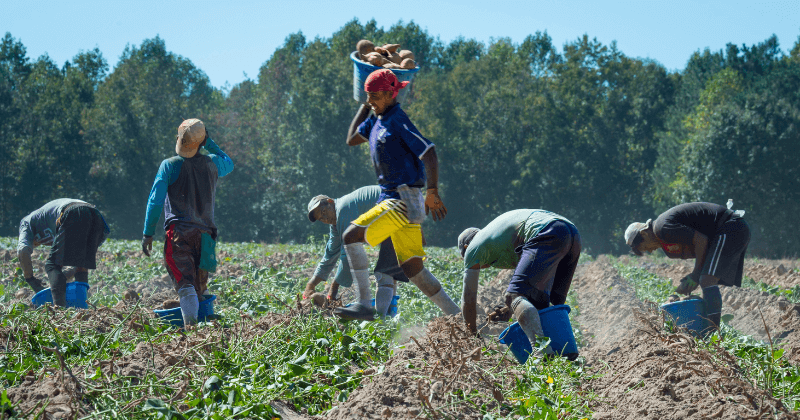
The Biden Administration’s Justice40 Initiative commits 40% of federal investments in climate and clean energy to underserved and disadvantaged communities, to help reverse decades of underinvestment and extreme environmental injustice in those communities. With the passage of laws such as the Infrastructure Investment and Jobs Act in 2021 and the Inflation Reduction Act in 2022, billions of dollars will flow into projects to help communities with critical infrastructure efforts, to bolster their protection from climate-intensified natural disasters like megafires and supercharged storms, to remediate legacy pollution, and to ensure access to clean water and green electricity, among other goals. The wide-ranging initiative invests in seven categories: climate change, clean energy and energy efficiency, clean transit, affordable and sustainable housing, training and workforce development, remediation and reduction of legacy pollution, and the development of critical clean water and wastewater infrastructure.1 Agencies across the government will participate, including Health and Human Resources and the Environmental Protection Agency.
The Justice40 initiative spotlights and attempts to reverse longstanding racial and environmental injustices that plague agricultural worker communities, like underinvestment, lack of clean water, exposure to air pollutants, and risk from climate-related disasters like flooding or fires. Many rural agricultural communities are identified as “disadvantaged communities that are marginalized, underserved, and overburdened by pollution,” and eligible for Justice40 investments, on the Climate and Economic Justice Screen Tool.2
Many rural communities where agricultural workers and their families live and work are eligible for these funds – and many of the categories of investment will bolster the efforts of health center clinicians and other advocates in improving the health of agricultural workers. For example, investments on the remediation and reduction of legacy pollution may include efforts to reduce agricultural worker exposure to pesticides.3 Investments to lessen the impact of climate change on underserved communities could reduce vulnerability to flooding and fires.
“The potential for investment in disenfranchised communities is unprecedented,” said Amy K. Liebman, MPA, Chief Program Officer of Workers, Environment, and Climate. “We need to ensure that these investments are carried out justly and benefits farmworkers and their families as well as other immigrant workers.”
Access the Climate and Economic Justice Screening Tool that identifies Justice40 communities at: https://screeningtool.geoplatform.gov/.
Read this article in the Winter 2023 issue of Streamline here!Sign up for our eNewsletter to receive bimonthly news from MCN, including announcements of the next Streamline. |
1 https://www.whitehouse.gov/environmentaljustice/justice40/
2 https://screeningtool.geoplatform.gov/
3 https://www.whitehouse.gov/wp-content/uploads/2021/07/M-21-28.pdf